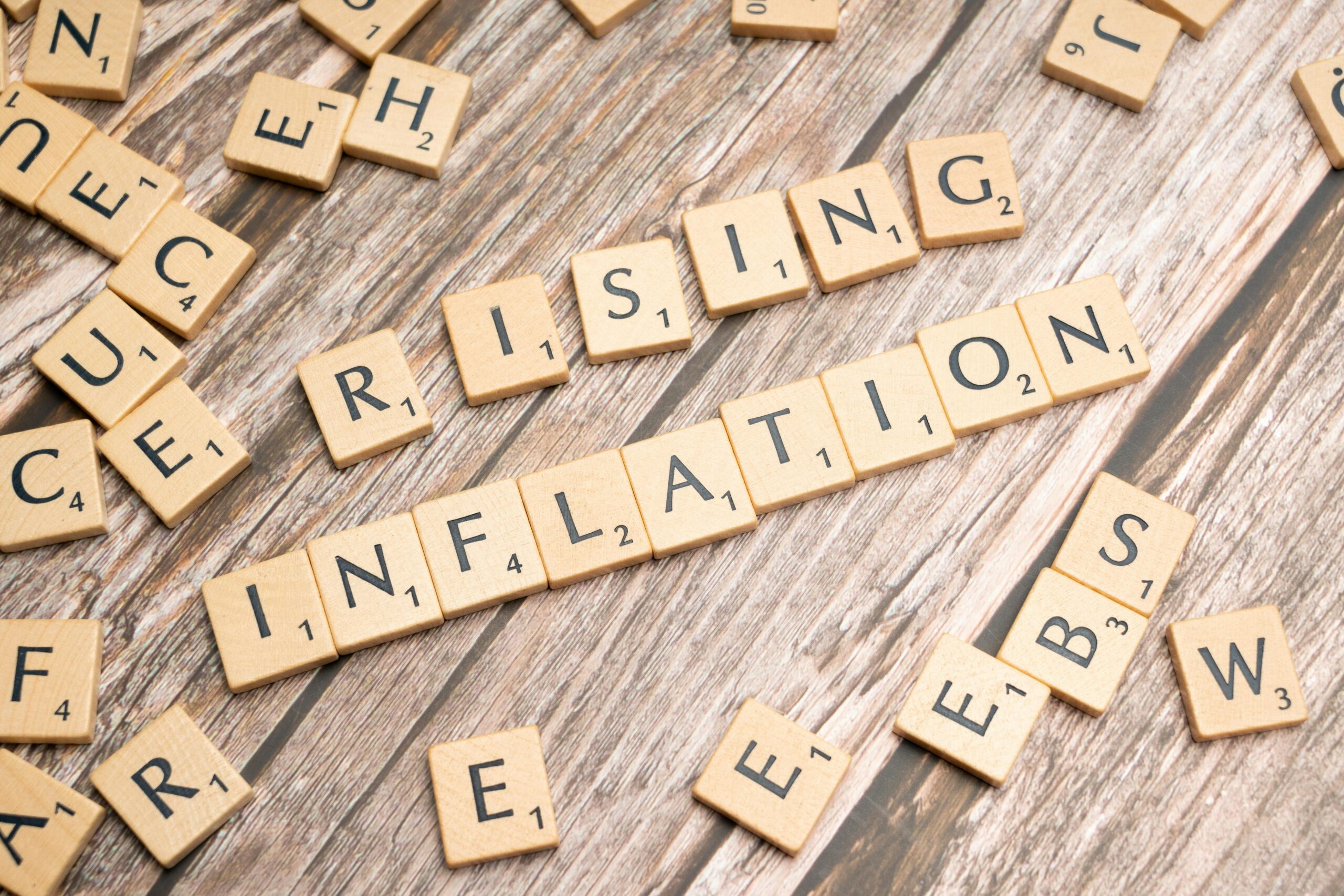
Why Isn’t the Market Picking Up Speed?
- Worries About Jobs: Many people looking to buy a home are concerned about their job security. Our surveys show that a significant number of real estate agents (around 51%) feel buyers are worried about their income. If buyers aren’t sure about their future earnings, they might hesitate to buy. Banks are also being more careful about lending, checking if applicants might lose their jobs.
- More Investors Are Selling: Some property investors are selling their properties. This is often because their costs, like insurance, rates, and maintenance, have gone up a lot. While some investors are still buying, many are selling to use the money for retirement, which costs more than they expected.
- Lots of Properties for Sale: There are many homes available for sale across the country – the most since 2015. Currently, there are about 33,000 properties listed, which is more than double the number available in mid-2021.
Also, some developers who built new townhouses couldn’t sell them for the price they wanted. So, they’ve decided to rent them out instead. This adds to the number of rental properties available.
What This Means for Buyers and Sellers
With so many properties available, tenants have more choices than usual, which is why landlords might find it harder to find good tenants right now.
For buyers, this means they feel they have time and don’t need to rush (less “FOMO” – Fear Of Missing Out). They know they have strong power to negotiate prices. However, buyers also worry about paying too much (“FOOP” – Fear Of Over-Paying) because many sellers haven’t yet lowered their price expectations to match the current market, which is quite a bit lower than in 2021.
What’s Next?
It seems likely that sellers will need to adjust their price expectations unless the job market gets much stronger. If job security improves suddenly, sellers might feel less pressure to lower prices. But for now, the job outlook is still weak, with unemployment possibly rising and businesses looking to cut costs, sometimes by reducing staff.
Source from Oneroof: by Tony Alexander
Additional commentary from him can be found at https://www.oneroof.co.nz/news/latest-news/tony-alexander-wholl-blink-first-on-unrealistic-asking-prices-47687
The opinions and research contained in this article are provided for information purposes only, are intended to be general in nature, and do not take into account your financial situation or goals.




